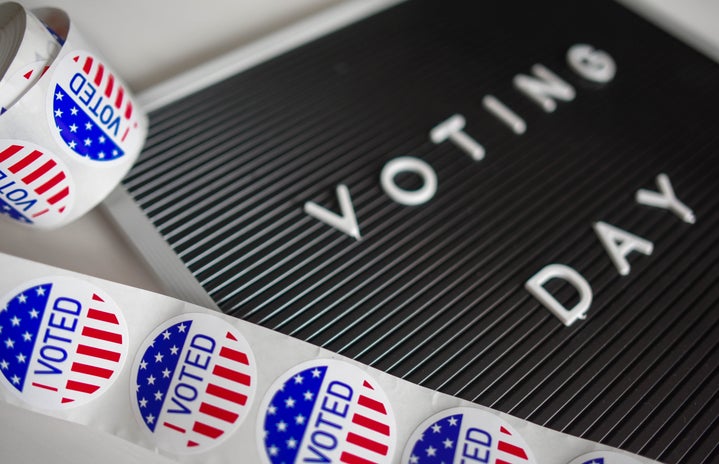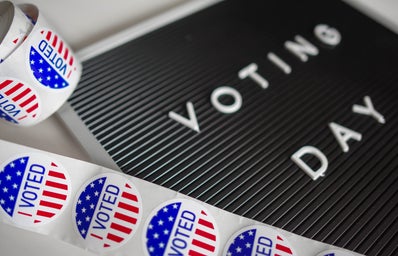After the 2020 presidential election and January 6 insurrection, the language and behavior of right-wing politicians have become increasingly dangerous. The Republican party’s regurgitations of Former President Donald Trump’s “stolen election,” and increased violence online and in person is causing the U.S. political climate to suffer.
This is especially evident today, after Trump’s time in office, as the 2022 midterm elections are making history with climate action, healthcare rights and other issues on ballots across the country.
The process of choosing who to elect or what policies to support can be daunting. However, making it to the polls is crucial.
how republicans pushed the trump agenda
Nearly 300 politicians running this year have questioned or denied the legitimacy of Trump’s presidential loss, meaning that the spread of false information is a country-wide issue.
Many Americans invested themselves in the battle over Arizona’s seat for governor. Republican Kari Lake lost to Katie Hobbs after claiming that she would only accept a win, and this behavior has continued as she recently suggested that votes had not been properly counted.
Similar rhetoric can even be heard outside of the United States. Brazil’s presidential candidate, Jair Bolsonaro, has shared his belief in not being taken out of office or conceding. This occurred prior to him authorizing the transition of power to Luiz Inácio Lula da Silva. However, his supporters continue to protest the election results, even asking for military intervention.
What does this mean for the U.s. and the world?
This language may seem familiar, as it is the same excuse Trump continues using for his loss against President Biden. Unsurprisingly, he endorsed politicians like Lake, attempting to give her the upper hand with his supporters.
These types of endorsements greatly impacted the results of midterms, as unsure voters were able to decide who would represent their communities.
In a country of two polarizing sides, Trump’s behavior and current endorsements push the Democratic and Republican parties further apart. If public officials imitate these behaviors and continue to receive attention from spreading false information, the United States should not be prepared for just the next elections, but the long-term future ahead.


